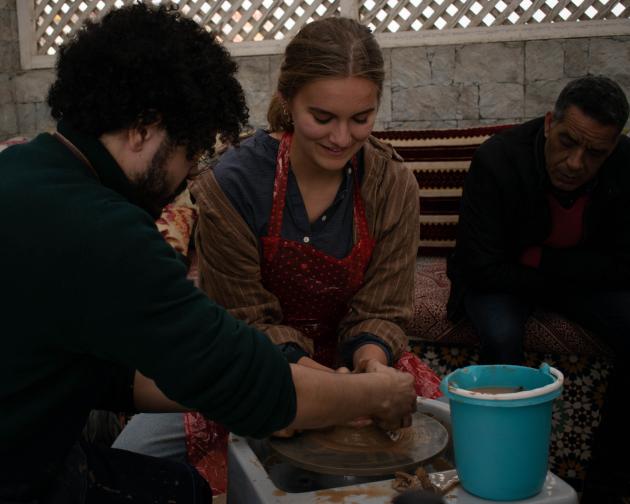The safety of your students is our highest priority.
Student health, safety, and crisis management is a cornerstone of what we do. Our Dean of Students' office, Crisis Management Team, and on-site staff are working day-in and day-out to ensure the health and safety of our students around the world.
As your trusted study abroad provider, we promise prompt and concise communication whether your student falls ill or there's an incident in the city where they are studying. Keeping students, parents, and university staff members like you informed of any health or crisis-related incidents that may effect IES Abroad programs is of paramount importance.
We strive to make the most well-informed decisions we can. Our Crisis Management Team members and Center Directors receive regular updates from a variety of governmental and non-governmental sources that monitor any significant safety, security, health, and travel-related developments worldwide, especially in those locations where we have students.
Beyond our student support services, resources, and protocols, we actively maintain open lines of communication with you so that you can have peace of mind about your students' well-being.



